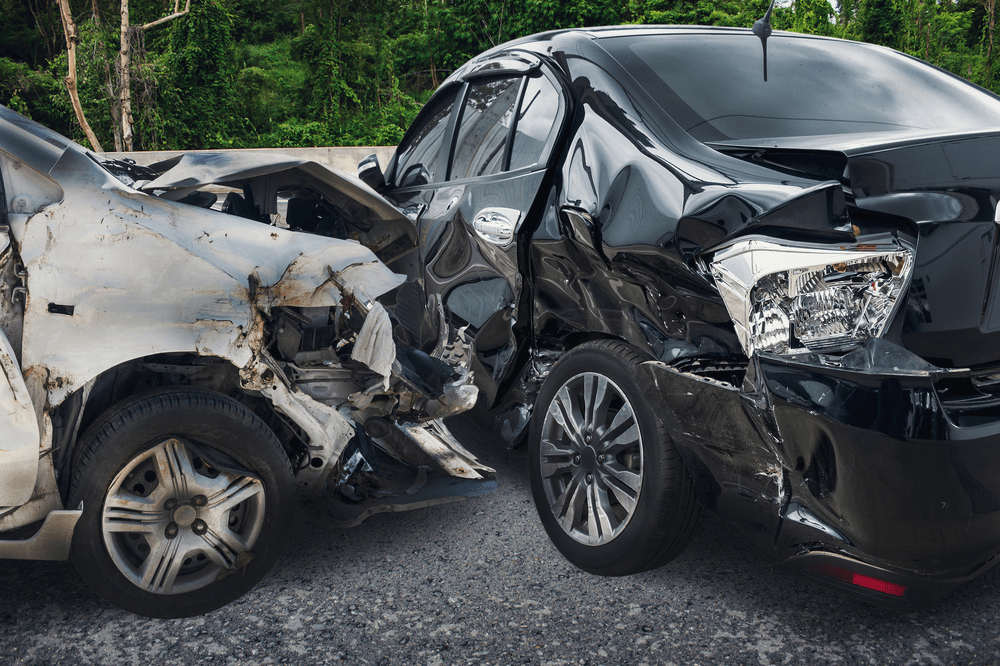

After a serious accident and your initial treatment, dozens of questions go through your mind. What happens next? Can I fully recover from my injuries? How will I pay for my medical bills? How will I pay for the property damage? When will I be able to return to work? Will I have restrictions? Depending on the severity of the accident, one of the primary ways to recover from your losses may be to pursue the negligent party involved in your accident. With help from an experienced personal injury attorney, you can determine whether or not your accident qualifies as a personal injury case that is worth pursuing.
A strong personal injury case usually meets three basic requirements:
1. Negligence.
1a. The other person’s negligence caused personal injury. As an example, say you want to make a left turn at an intersection during rush hour traffic. Oncoming traffic is heavy, so you have to wait through multiple light cycles. Eventually, traffic thins to a point where you think you have just enough space to cut through the oncoming cars and trucks and complete your turn.
Unfortunately, an oncoming car is traveling at twice the speed limit. As you are in the middle of your turn, the speeding vehicle crashes into the side of your car and pushes you into a nearby telephone pole. You injure your head, neck, ribs, and leg in the collision.
The oncoming driver was negligent when they decided to travel at more than twice the legal speed limit.
1b. The other party was more negligent. Pennsylvania uses comparative negligence to determine who is most at fault in an accident. Although you should have waited longer for better traffic conditions to make your turn in our example, the driver who traveled more than twice the speed limit would likely be considered more negligent than you in this situation.
2. The negligence caused you physical harm. In the car crash example, your physical pain is obvious. As we previously stated, you suffered injuries to your head, neck, ribs, and leg.
3. The negligence caused financial harm. The financial damage in our example could also be significant. The hospital visits, doctor appointments, and prescriptions mean medical bills in the future. Taking time away from work could mean you miss out on wages that you would otherwise earn. The negligent party may be held liable for your lost wages, medical bills, and any other pain and suffering you’ve encountered.

If an accident is mostly your fault under Pennsylvania’s comparative negligence rules, you may struggle to win your case, even if your injuries are more severe. In fact, you may be liable.
If you were in a car accident and received a police citation, your chances drop even further. In general, the person who was issued the citation is probably financially responsible for the damages they inflicted on other people and their property.
However, you should still consult a personal injury attorney. In some cases, an attorney can help you fight the citation and reduce your financial responsibility after the accident.
If you were injured in an accident, contact us. We’ll help you determine whether or not your personal injury case is worth pursuing and ensure you receive every dollar you are entitled to.
"*" indicates required fields